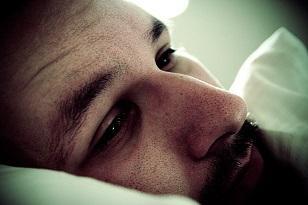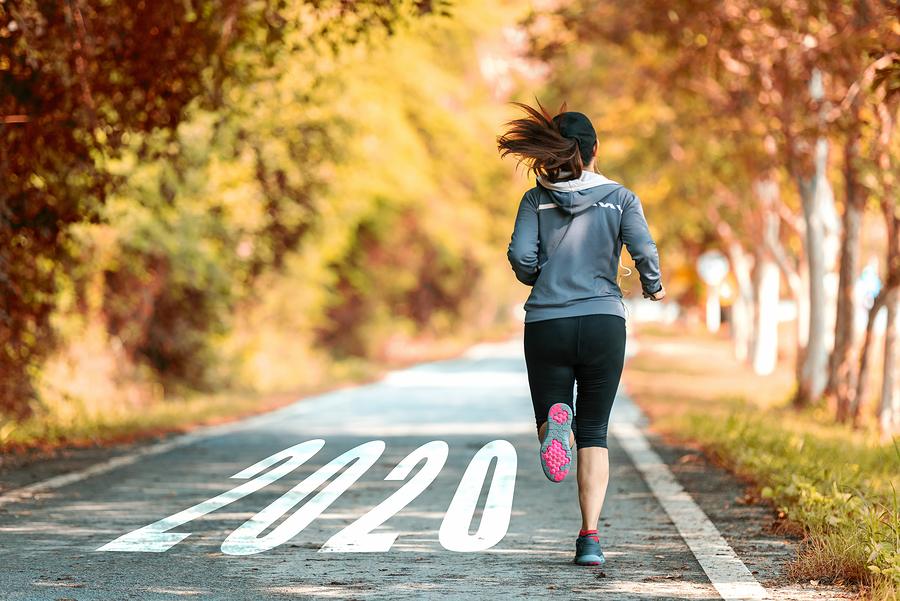
Recent studies conducted by the University of Bern show that regular physical exercise can help alleviate symptoms of depression, anxiety and stress. Physical activity is known to be beneficial for overall health and prevention of cardiac diseases. The basic cause of depression is the deficiency of a certain chemical known as serotonin. Serotonin is an important chemical in the brain which is responsible for a variety of functions related to mood, sleep and appetite. Thereby, a deficiency of serotonin leads to depression, but what causes this deficiency is yet unknown.
Regular physical activity improves serotonin levels in the brain which improves the overall wellbeing feeling. Serotonins have the ability to induce a feeling of positivity in the body. Physical exercise and activity triggers the release of this chemical substance which mimics the effect of morphine. It gives a feeling of being ‘high’ or extremely happy and pain free to the person.
Indulging in exercise regularly not only keeps you fit and active it also boosts your self-esteem and confidence. A person who is physically active gets a sense of control over his life which results in reduced feelings of stress and anxiety. Medically, its known to keep our heart healthy, lower the blood pressure, reduce fat, lower cholesterol levels, prevent diabetes and improve overall physical stamina.
Mirko Wenger, the author of the study ‘Effects of Exercise on Anxiety and Depression Disorders; Review of Meta-Analyses and Neurological Mechanisms’ says that nothing can be concluded yet about how much exercise is enough to treat depression.
There are many types of treatments available for depression but exercise is a cost effective and yet highly under-rated healthy alternative. So far research and studies recommend any kind of physical therapy to reduce symptoms and levels of depression. However, research needs to be conducted to find out whether sports can be used as an alternative to medications or prescribed along with other forms of therapy.
Penned by Dr. Rachita Narsaria, MD
REFERENCES
- Mirko Wegner, Ingo Helmich, Sergio Machado, Antonio Nardi, Oscar Arias-Carrion, Henning Budde. Effects of Exercise on Anxiety and Depression Disorders: Review of Meta- Analyses and Neurobiological Mechanisms. CNS & Neurological Disorders – Drug Targets, 2014; 13 (6):
- Singh, N.A. and Singh, M.A.F. Exercise and depression in the older adult. NutrClin Care. 2000; 3: 197-208
Martinsen, E.W. The role of aerobic exercise in the treatment of depression. Stress Med. 1987; 3: 93-100






